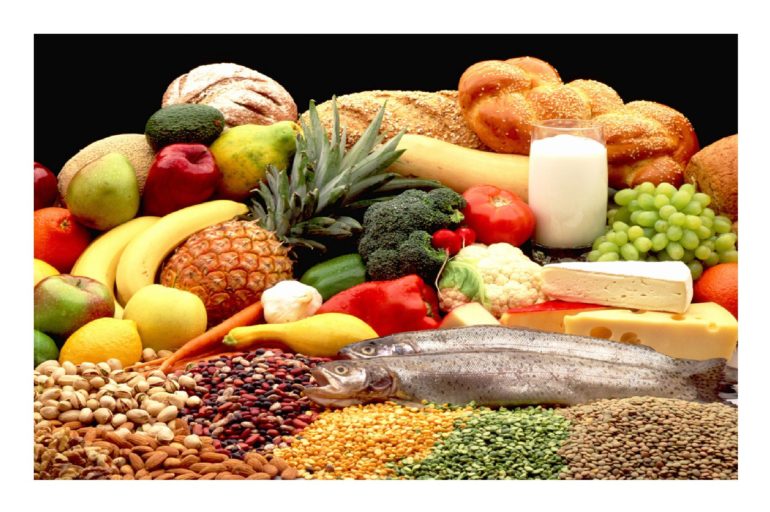To achieve the physical and mental well-being that we all desire, it is essential to maintain a balanced and healthy diet that provides us with the optimal energy level to be able to cope with the daily activities that we carry out in our day to day. And, once we have it, enrich it with the appropriate natural food supplements. In this article we present the keys to designing and maintaining a balanced diet. But, before going into details, let’s start at the beginning…
What is a balanced and healthy diet?
When it is a balanced diet, what are we talking about? What is a balanced and healthy diet exactly?
Fundamentally, it is a diet that adapts to our specific nutritional requirements, in terms of energy supply and essential nutrients for our body. There is no “standard” balanced diet as each person has different nutritional needs based on their lifestyle, physical constitution, and other parameters and characteristics.
The fundamental objective is that the diet provides the optimal amounts of nutrients so that our body and mind function perfectly. It must contain the right quantity and proportion of elements necessary for our body to be in full physical and mental shape. And, usually, it comes in the form of a weekly balanced diet plan.
Types of diets
There are many types of diets and each one responds to specific needs and objectives. We can find the Keto diet, soft diet, ketogenic diet, the classic diet to lose weight, the anti-inflammatory diet, intermittent fasting, the dissociated diet, or the paleo diet, among others.
When choosing a balanced diet and the type of eating strategy that best suits our needs, it is important to consult a specialized professional, either an endocrinologist or a dietitian, who will guide us from a medical and nutritional point of view so that our diet is based on balanced food.
Food supplements for a balanced dietn and healthy diet
Ideally, we should aim for a 100% balanced diet, but perfection is impossible. Our daily life, usually dynamic and hectic, often distorts our eating routines and, for this reason, it may be interesting to consider the use of natural food supplements.
Food supplements for good digestive health
A balanced and healthy diet will allow us to enjoy good digestive health, since we will regularly consume healthy foods.
Despite this, everything can be improved and we can also occasionally suffer from digestive or intestinal problems that we can solve or, at least, alleviate by consuming food supplements for digestive health.
Nutritional supplements to increase our energy level
In specific stages, such as spring, or in phases in which our dietary plan may be unbalanced, we can resort to a food supplement in the form of a natural multivitamin complex. This ‘extra’ contribution of vitamins will compensate for small imbalances in our diet and will provide us with a fundamental dose of energy to effectively manage our day to day.
Variety-Based Eating Plan
Practicing healthy eating habits does not mean that our diet should be restrictive or repetitive. On the contrary, one of the fundamental principles for a healthy and healthy balanced diet is its variety. The more varied and colorful it is, the better. Deciding on healthier foods does not necessarily mean that we have to give up unhealthy foods. The important thing is that the consumption of the latter is reduced and ceases to be habitual and daily. To have a balanced diet that is healthy and healthy, it must follow the following basic rules.
Rules for a balanced and healthy diet
- SUITABLE: suitable for the various stages and conditions of life, such as physiological conditions, physical activity and diseases suffered.
- QUALITY: a wide variety of foods that meet the essential needs of the body should be included on the plate. The food must be nutritious and not only provide calories.
- QUANTITY: it must be enough to satisfy the body in all its needs.
- HARMONY: it is the balance of nutrients offered in relation to quantity and quality.
- VARIETY: offer a greater selection of foods every day. Different foods with different nutrients are required.
It is essential to maintain a balance and balance between energy intake and expenditure. If the intake of calories greatly exceeds the expenditure, an imbalance will occur and there will be a tendency to gain weight. When the opposite case occurs, there is also an imbalance that leads to weight loss.
Typically, the energy balance varies throughout the day. In this way, the importance of maintaining energy balance and an adequate weight is observed.
Parallel to the consumption of a balanced diet, it is necessary to reduce sedentary lifestyle, introduce new physical activities on a daily basis, and practice intellectual activities.









